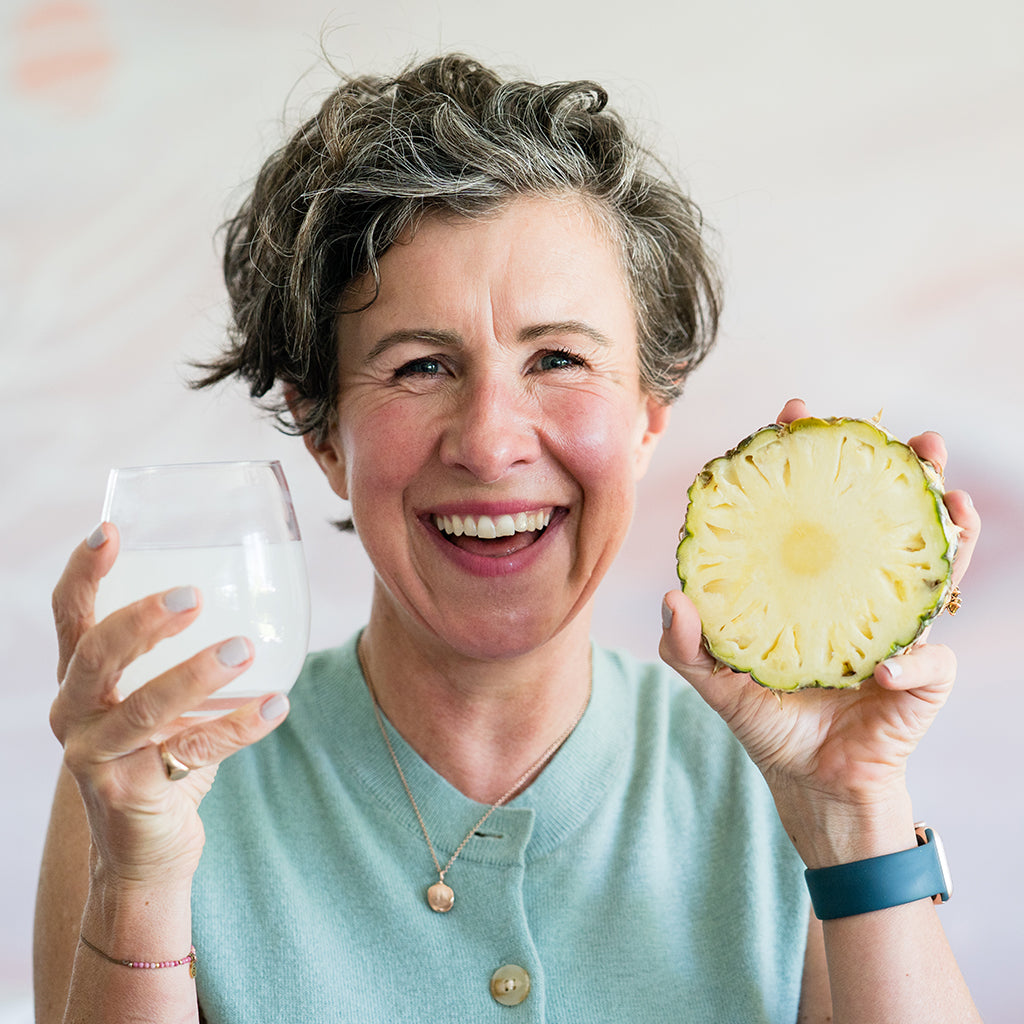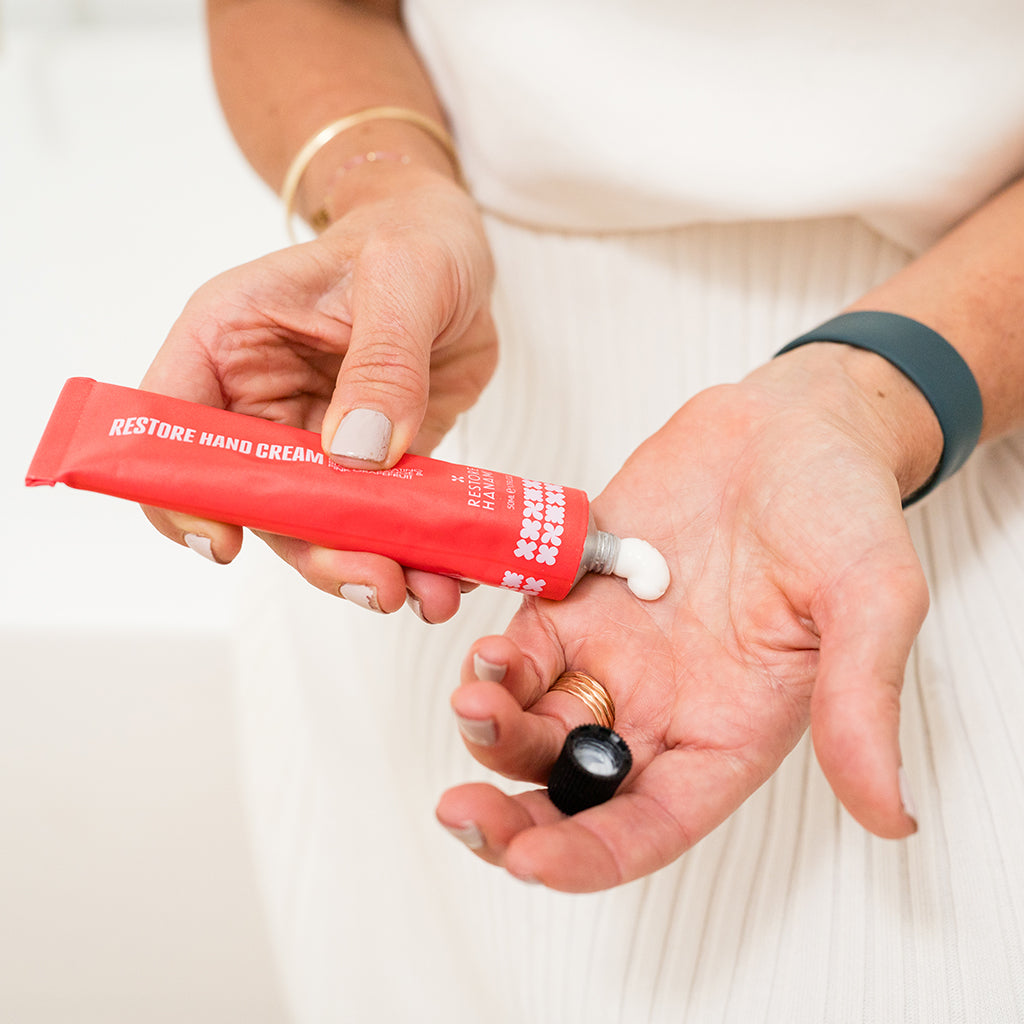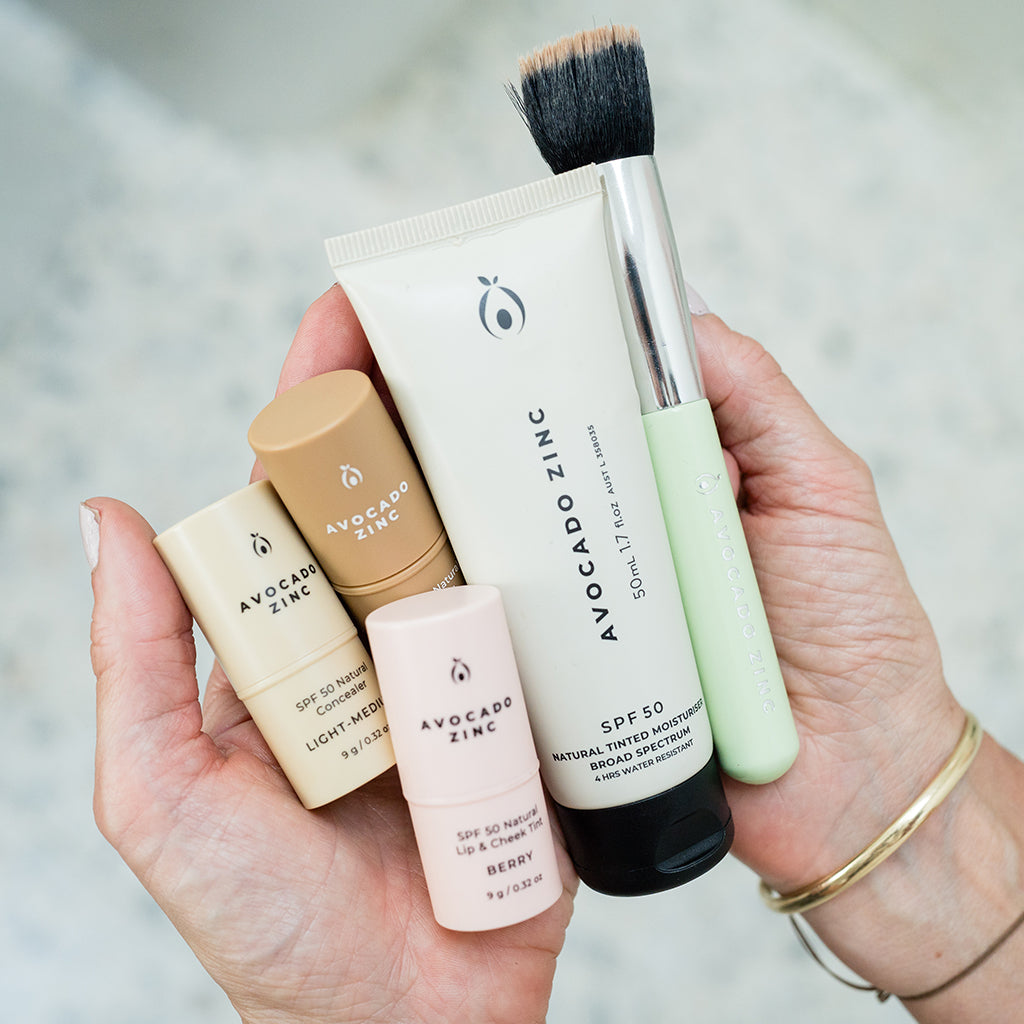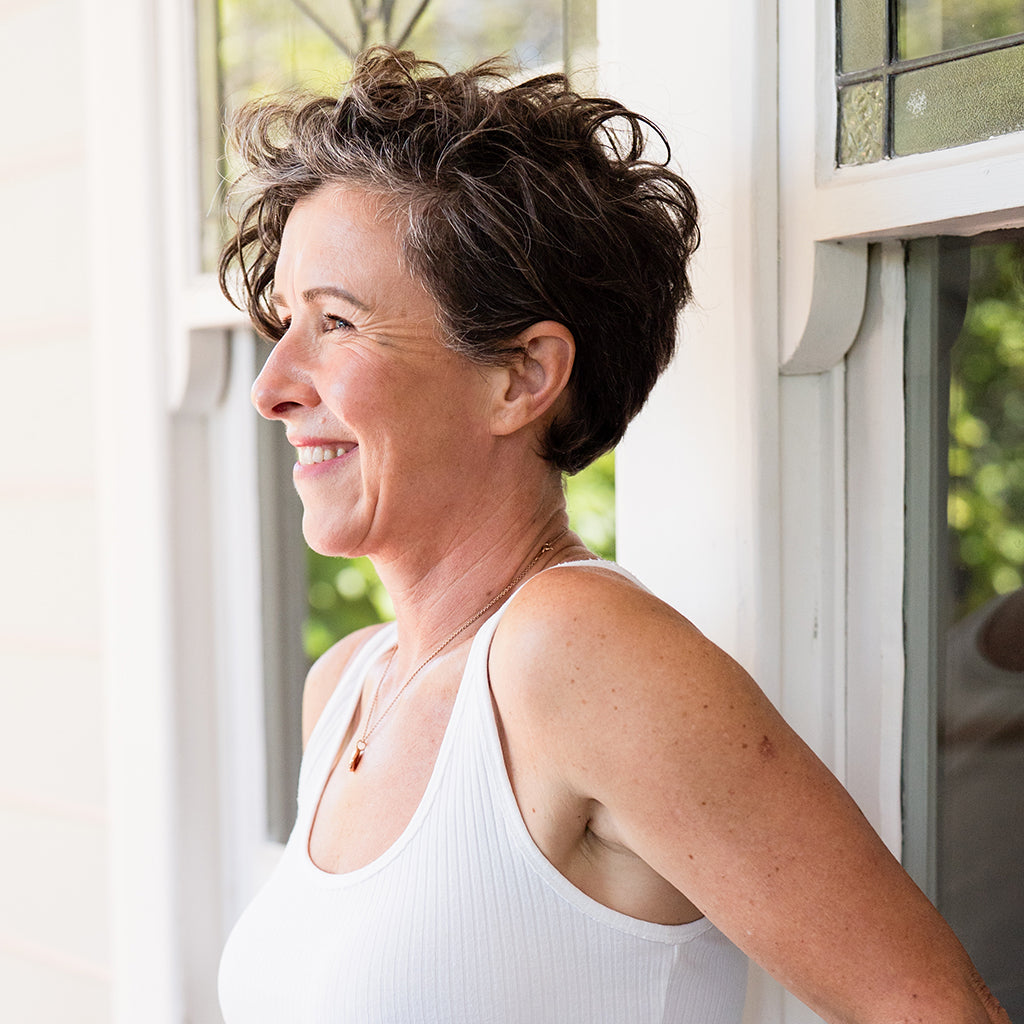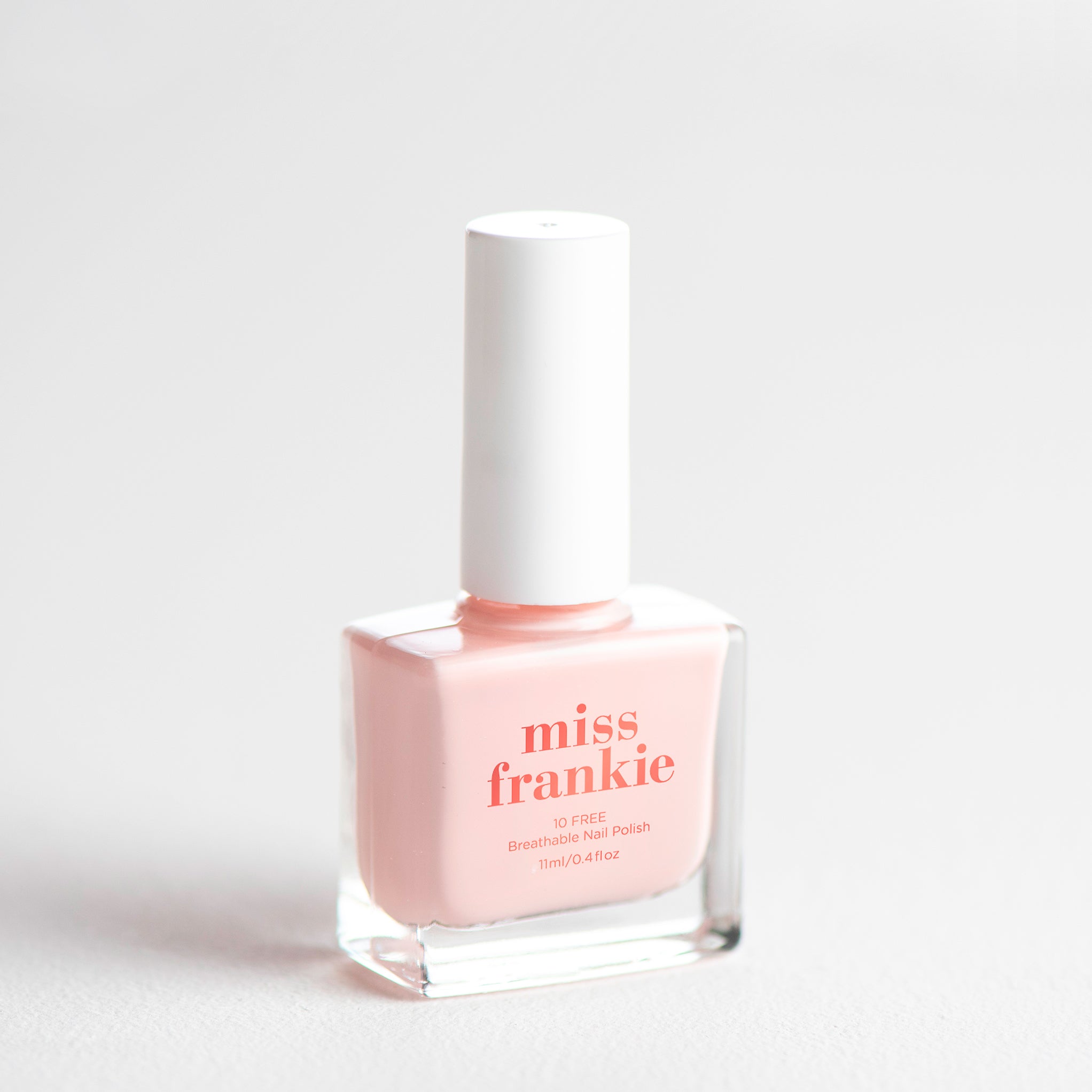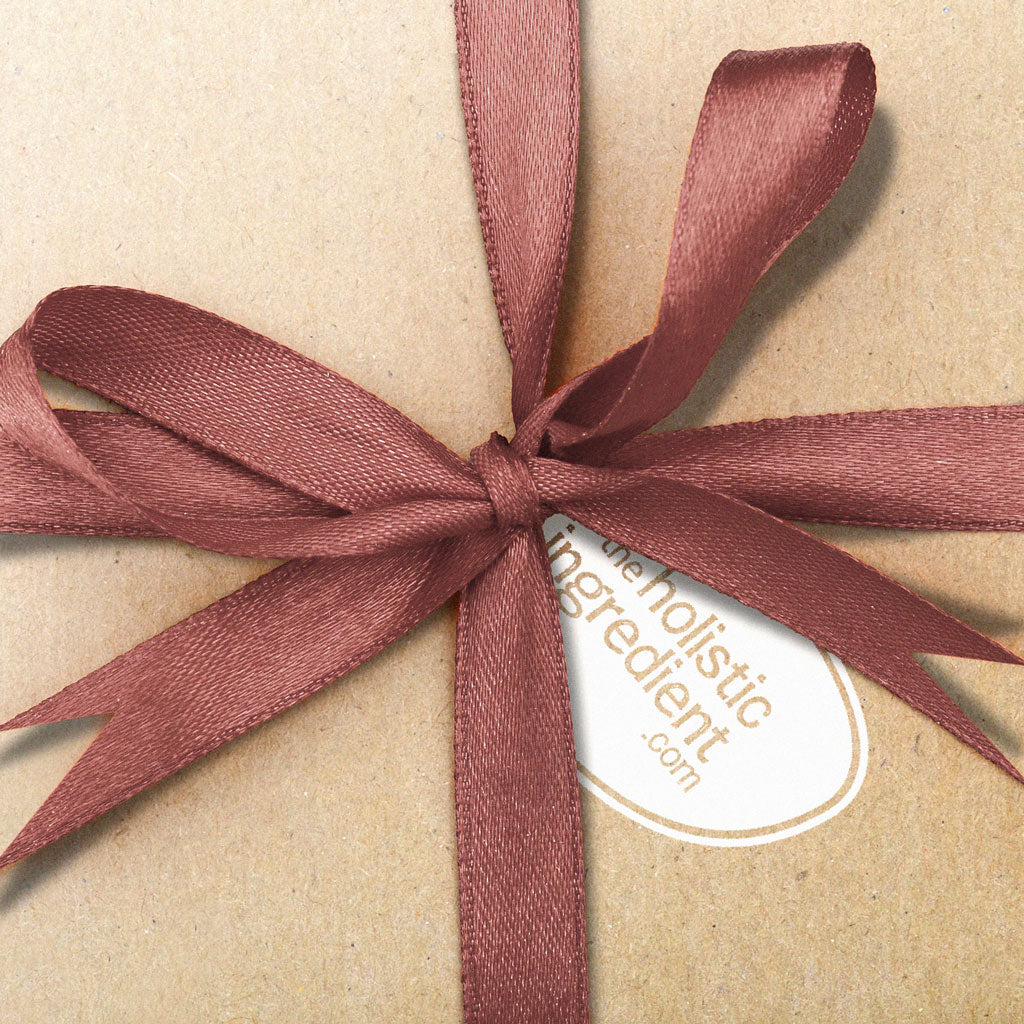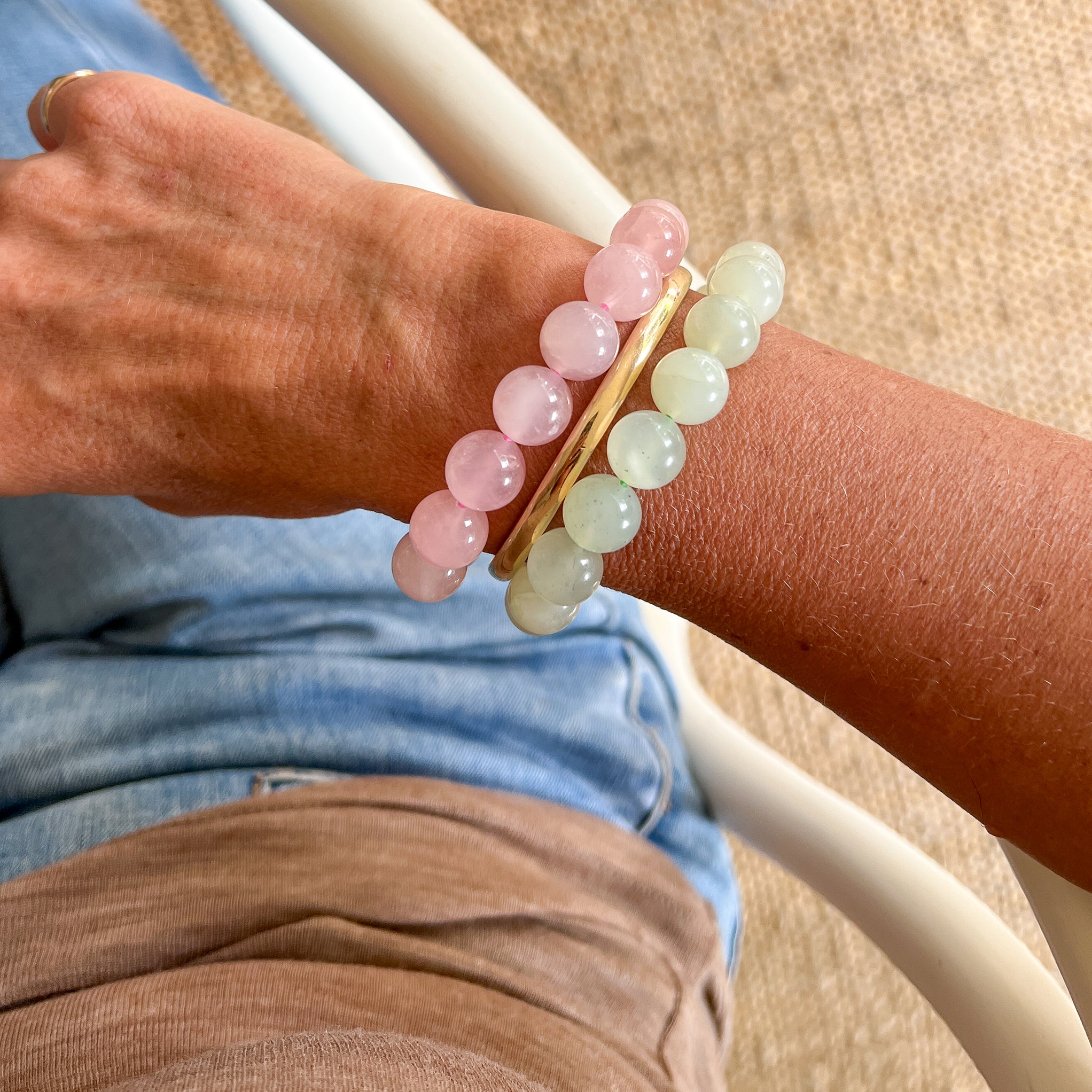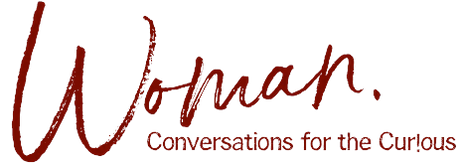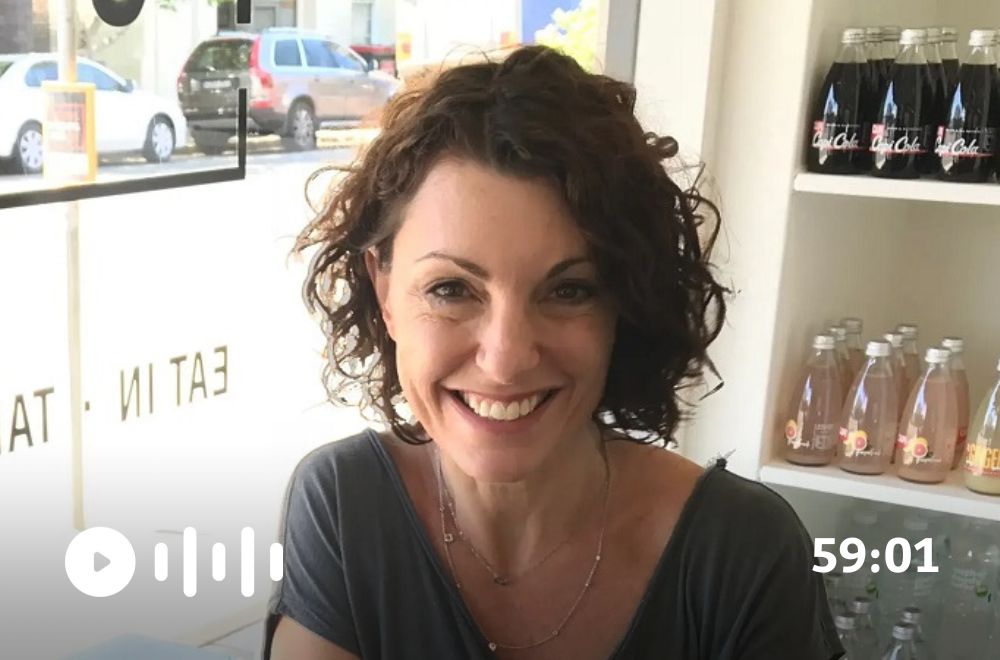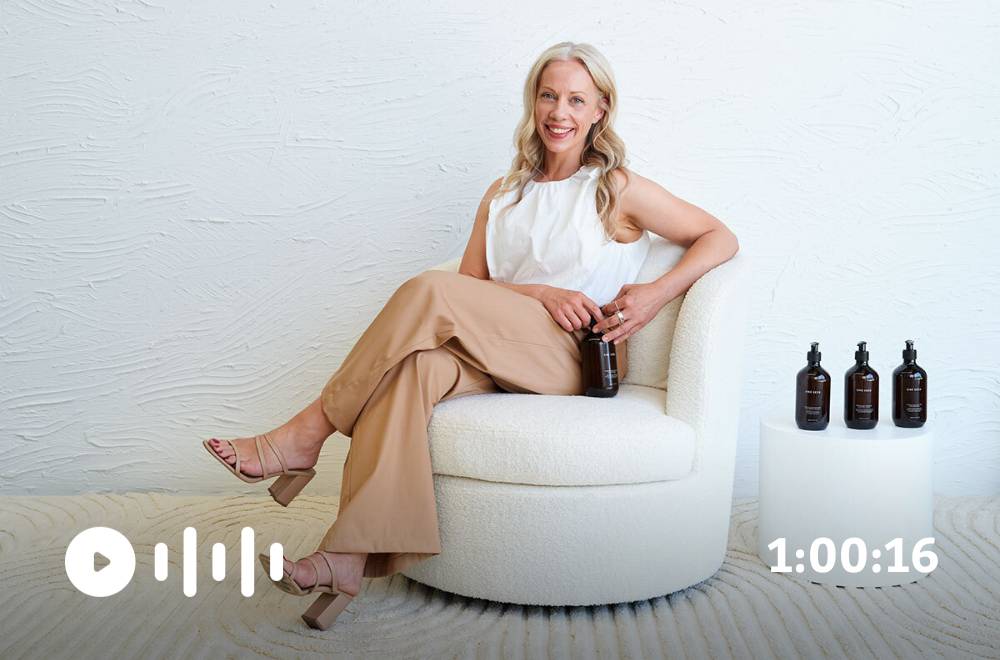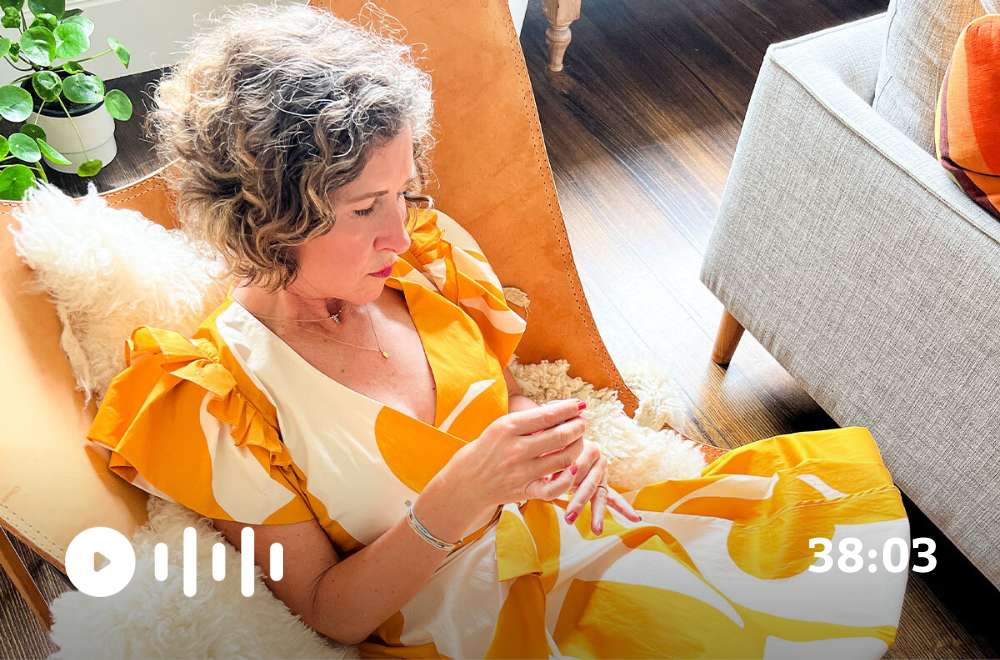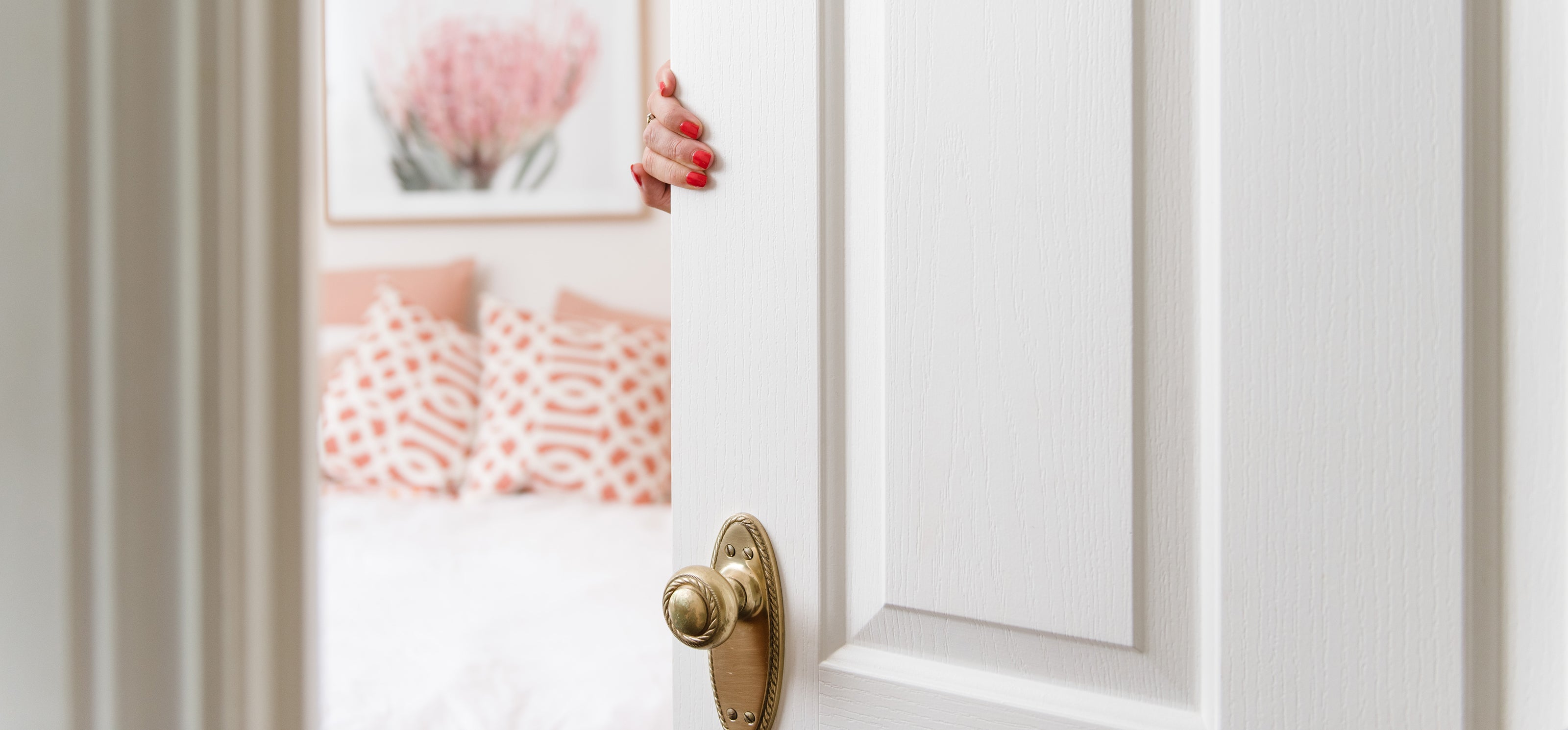
Sarah Rusbatch is a certified health and wellness coach, a credited Grey Area Drinking Coach and a passionate ambassador for supporting women change their relationship with alcohol for good. I’m so happy Sarah is here to discuss ‘grey area drinking’ – and the path to sobriety.
Listen to the full episode on Apple Podcasts, Spotify, Google Podcast and more.
Broadcast: July 30, 2021
Duration: 33:58
Here is a snippit of our conversation…
What exactly is ‘grey area drinking’?
Amy: Now Sarah, the first question I have for you is what exactly is grey area drinking?
Sarah: So, someone who has perhaps a dysfunctional relationship with alcohol. They find that perhaps they've got to that point where they're making rules around their alcohol, perhaps they are regularly binge drinking, perhaps that every morning they’re waking up and going ‘Right, I'm not drinking tonight’ but by five o'clock they are having a glass of wine because they've just got that habit. I consider that ‘grey area drinking’. Most of the people who are grey area drinkers are highly functioning. To the outside world, they're holding down a job. They're like me… I was running half marathons. I had a business, I had two young kids, I was running a house. Was I drinking excessively? Not every day, but a lot above the recommended amount. But there was nowhere for me to go for support. And there's nowhere for people in that area to get support because they don't necessarily identify as being an alcoholic.
So they don't want to go to an AA meeting and stand up in a room and say ‘Hi, I'm Sarah. I'm an alcoholic’ because that's not the label that they would give themselves. But equally, they do have a dysfunctional relationship with alcohol and they don't know where to go to get help. And so that's grey area drinking, and that's the area that I work with women who want to change their relationship with alcohol. Who perhaps want to build new coping strategies for stress or whatever the reason is that they're drinking so that they are not so dependent.
Those rock bottom moments…
Amy: So now I understand that you gave up at the beginning of 2019, about two and a half years ago. Was there a defining moment for you that helped you make this decision or was it like a culmination of different factors?
Sarah: I’d say the start of that was in 2017. There was one defining moment, but I wouldn't call it THE defining moment. I think there would probably be quite a few moments, but particularly at this party in 2017. I'd gone to a friend's 40th. I drank a bottle of champagne before I got there. I drank a lot of champagne while I was there. I went outside for a fag because I smoked when I drank. I'm wearing high heels, which I never normally wear. I was really drunk, and crashed down when I went to put out a cigarette. I had no reflexes. I didn't put my hands down, toppled forward, landed on my face, cut my lip open, and my face was full of blood. I woke up the next morning to my five-year-old daughter standing over the bed, looking at me going ‘Mummy, what happened to your face?’ And the feeling Amy that I had in that moment was such shame and such self-loathing, and that was probably the start of me questioning my relationship with alcohol. The weird thing about all of that is that I can distinctly remember the next day after that party, I felt so hideous that I drank. Isn't it weird the way alcohol works. It was the thing that had caused all of this. It made me feel so dreadful physically. It made me fall over and yeah, I can remember needing a glass of wine the next day to take the edge off. That was when I knew this has got to change. So I took a break and I did a hundred days - and I felt amazing.
A glimpse of living without alcohol.
So I did this break and then I was fixed! I’d taken a hundred days off. I clearly didn’t have a problem because if I was an alcoholic, I wouldn't have been able to just stop for a hundred days. And so then I went back to drinking and within a month I was back to drinking the levels that I was before, because I didn't know then what I know now about how it all works. That became two years of being stuck in this kind of moderation cycle of trying to moderate, not being able to take extended breaks, not being so convinced in my sobriety that it was going to be a long-term thing. So going back to drinking, getting back to the level of drinking that I had been at before and the self-loathing. Then I started getting really bad anxiety the next day after drinking. And I'm not someone who's ever really suffered from anxiety before. I had a panic attack one morning, walking my kids to school. Just things like that started to happen. And I just remember thinking there had to be another way of life, and I knew there was because I'd had a glimpse of Sarah sober, glimpses of who she was without alcohol.
So then I just had this real tug of war - I'm going to do a year because I'd never done a year before. So I set the date for April 29th, the day after a friend's 40th. I was going to go to that 40th and have my last drink. I think inside, I knew it was going to be forever, but I couldn't say that out loud because that still felt way too scary.
Does quitting mean forever?
Amy: That's interesting. Saying it out loud that it's going to be forever. It does feel quite confronting doesn't it? What comes with that is that real energy of discipline and great courage and strength. And so it's just easier to soften it isn’t it, and just say 'You know what, I'm just going to do it for a year and see how we go.' The problem with that though is it just leaves too much of a grey area.
Sarah: I think that what happened to me was I started to see alcohol for what it really was. I did a lot of reading. I listened to podcasts. I really started to understand the alcohol industry, Big Alcohol and how all of that worked, the marketing behind it, the subliminal messaging. And then I was like ‘I want to create a life for myself that I don't even want to escape from’. So now the work that I do with women is about creating a life where you love it so much you don't need the alcohol, because if we just think we're taking alcohol out, it feels like we're missing out. What we’ve got to look at is if we're taking alcohol out what is it are we adding in? And what are we doing to create a more fulfilling life? So, that's what happened to me over the course of that year. By the end of that year you couldn't pay me to have a drink. The shifted mindset is so enormous that now I've got to that point where it's like, I wouldn't even want to drink. I don't feel like I'm missing it. I feel like I've gained so much, that's the real shift in mindset that needs to happen.
Sobriety brings clarity and confidence.
Amy: I gave myself a three-month alcohol challenge back in 2019. So around the same time as you, and that continued for 16 months. I remember feeling incredible, feeling great clarity. I felt empowered. I felt more confident. I felt like myself for the first time in most of my adult years. I think the most significant thing I noticed when I gave up alcohol was the confidence that came. Because you feel so empowered and you feel like it's just such a bloody good achievement, isn't it? And that gives you strength.
Sarah: Yes. I have a group coaching program called Rediscovering Me because what I find is when women stopped drinking they don't know who the hell they are because they have been drinking for such a long time. So Rediscovering Me is an eight-week program to go on a journey to uncover all of that stuff. We look at our limiting beliefs and we look at our tendencies. Who are the people in our lives? What impact do they have on us? How do we prioritize ourselves? How are we meeting our own needs? My focus is not just on removing alcohol but what are we adding into our lives? So we don't even need the alcohol.
Amy: You can find Sarah’s wonderful work on Instagram @slrwellness, or at slrwellness.com and her Facebook group is called The Women's Wellbeing Collective. Thank you for being here.

